The man who made the Premier League on how it was built and why 25 years on he believes the bubble will never burst
25 years ago it was decided the First Division should break away from the Football League. Rick Parry remembers it as if it was yesterday
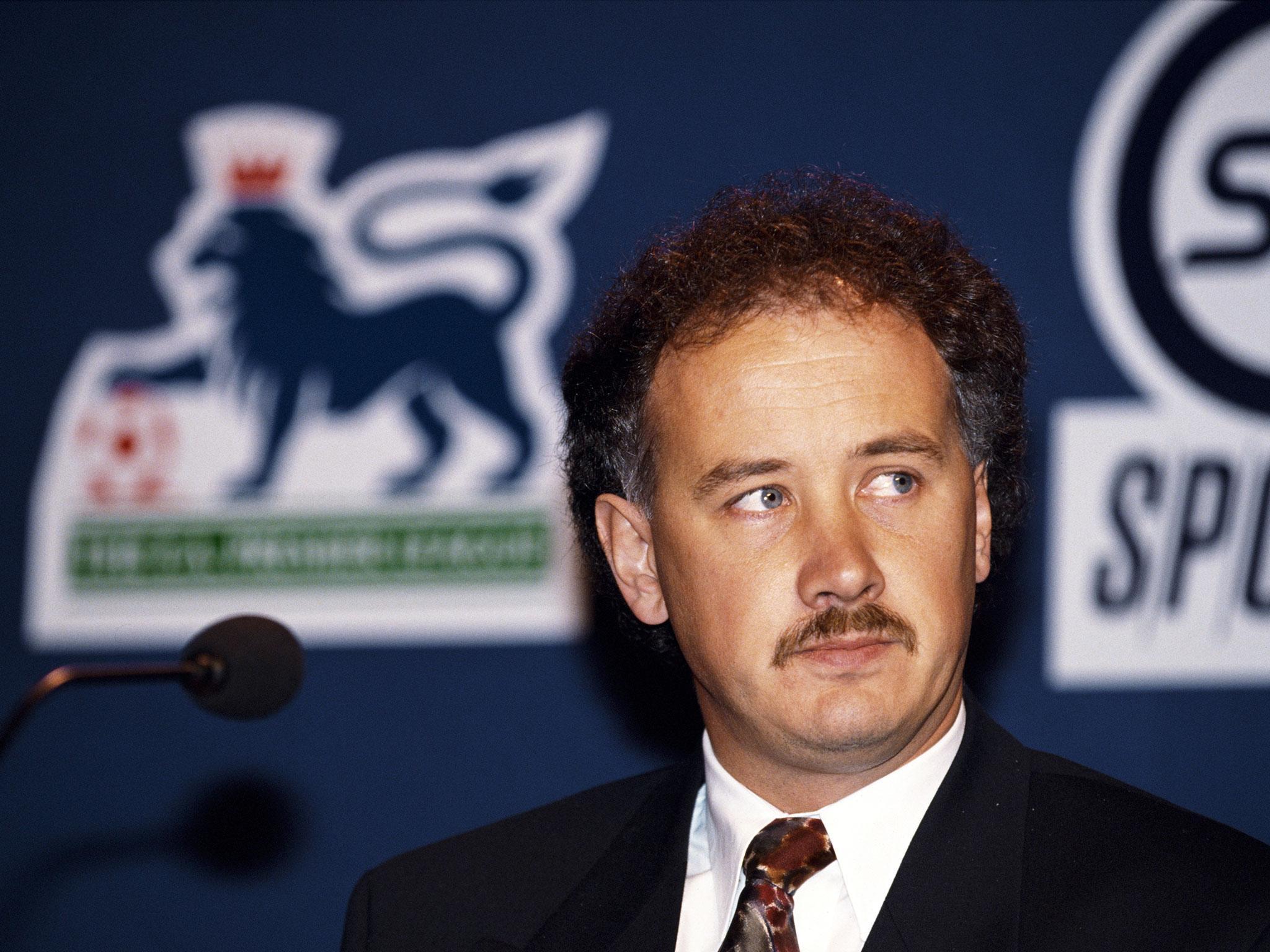
A story that reflects just how unrehearsed the Premier League was at its embryonic stage in 1992 is told by Rick Parry, the organisation’s first chief executive. The date was Friday August 14, the opening fixture between Sheffield United and Manchester United was scheduled to be played the following day and Sky’s television rights deal had not yet been signed off.
Parry had spent the summer dashing around the country trying to cajole a host of camel-coated football club chairmen used to getting their own way into finding common interests after it was decided by vote that the First Division should break away from Football League.
On May 18, when another significant vote took place – the one where it was agreed that Sky would be the new competition’s broadcaster - the Premier League wasn’t even set up as a limited company. As Parry puts it, “I signed a one-page contract on behalf of an unincorporated association which consisted of twenty-two blokes sat in a room. The Premier League only became official four days later.”
“It seems ridiculous now that you’d be voting in May for who your TV partners are going to be,” Parry admits. “But we were where we were. It’s easy to forget ITV’s contract with the Football League which had ran from 1988 had never been signed because neither party could agree the fine print. Football was a very different beast back then.”
There had been mood for reform: a desire amongst chairmen to control their own destiny, with ten of them led by the ‘big five’ of Arsenal, Liverpool, Manchester United, Tottenham Hotspur and Everton threatening to leave and form their own super league. The main obstacle towards independence had been the Football League, which had governed the game for more than a century.
The Premier League promised 18 teams rather than 20 and therefore fewer games and more rest for players, helping the England national team prepare for tournaments. Sky promised to promote football through greater coverage across satellite television and therefore, increase financial assistance to clubs at a time when football’s reputation was at a low, stadiums were crumbling and many owners were trying to figure out how to build all-seater arenas in the aftermath of the Hillsborough disaster and the Taylor Report.
Before the vote on May 18, ITV stood in Sky’s way. Parry remembers the chaos of the period vividly.
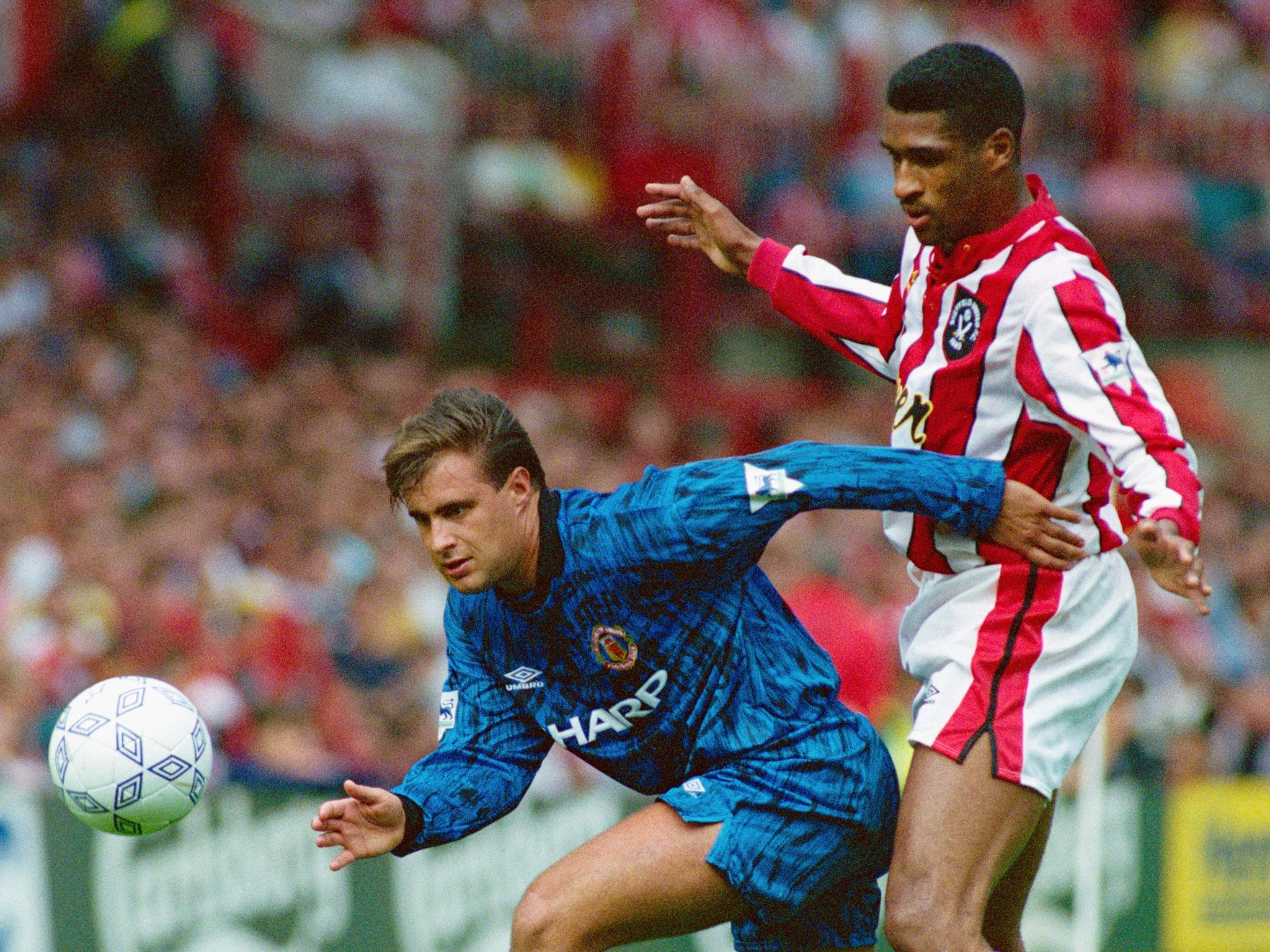
“ITV made it very clear they were not going to bid alongside Sky for the contract. Their mantra was all about exclusivity. ITV, though, had limited airtime as a terrestrial broadcaster. When it came to the final analysis between the two TV bids, it was an apples and pears comparison because ITV said they only wanted to televise 30 games while Sky said 60.
“One of the things the Premier League wanted to create was a partnership. In the past, it had been too adversarial. In the 1991/92 season, ITV only had 18 games, which meant they couldn’t show the entire story of the campaign. Leeds United won the title and it was tense until the end. But ITV had used up their quota of games by then. It reached the point where Leeds clinched the championship and they approached the Football League, admitting their miscalculation. Could they show the deciding fixture? They’d pay for it. But the Football League said, ‘No – this deal is only for 18 games.’
“Ultimately was a very smart move by Sky to persuade the BBC to go in with them. If there hadn’t been a terrestrial element to the arrangement, Sky wouldn’t have had a deal. We wanted Match of the Day with the BBC on Saturday because it was an institution. There was also a fear that too much live football on terrestrial television on ITV would harm attendances.”
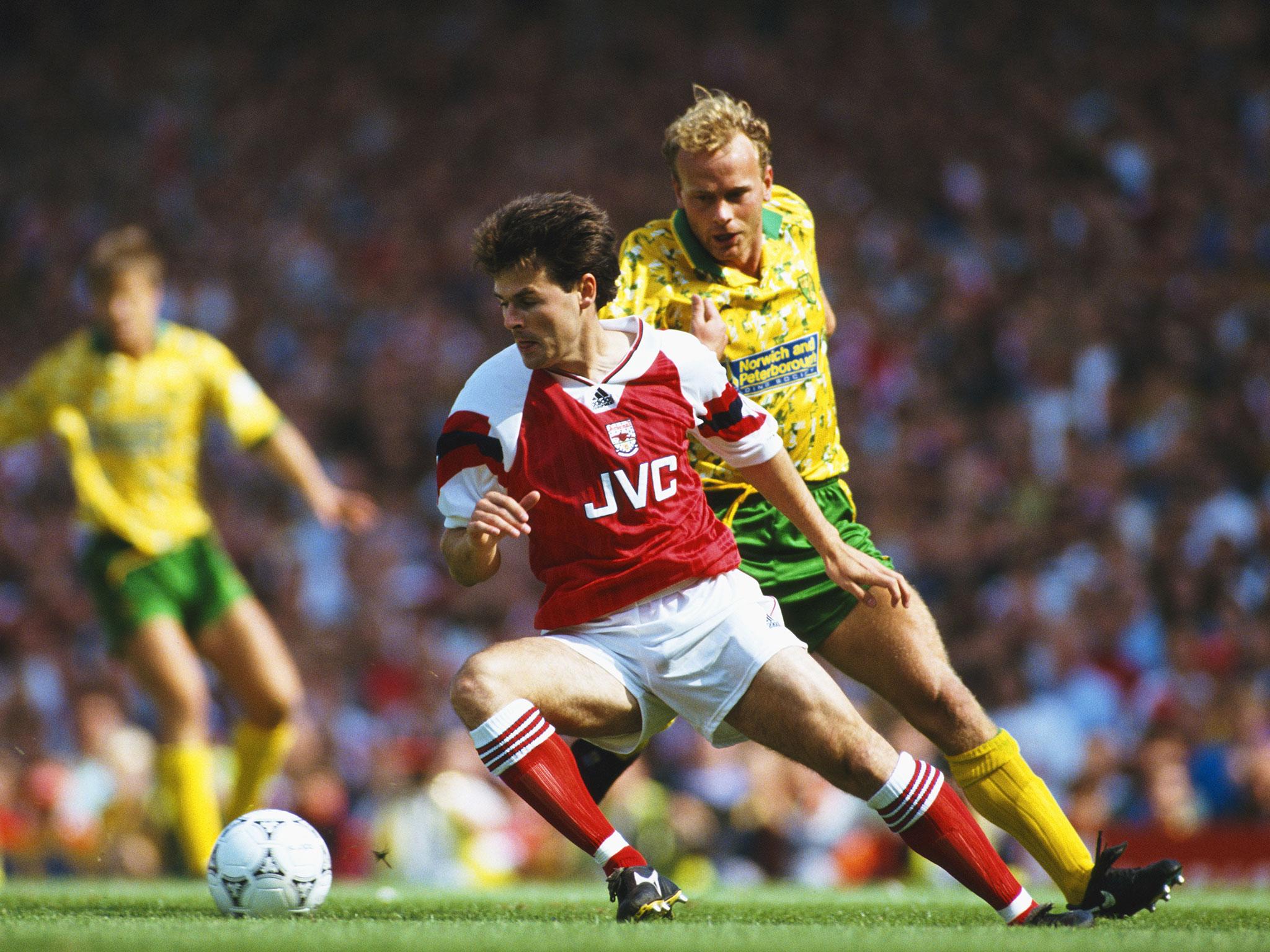
Monday night coverage was another issue. While the smaller clubs were in favour, the bigger were less so.
“Liverpool did not want it to happen because they had a lot of travelling fans and it would be difficult for those fans to make arrangements,” Parry recalls. “The Oldhams and Wimbledons, meanwhile, were saying, ‘We don’t mind playing on Monday…’ The pattern was not universal, however. I had Richard Thompson on the phone [the chairman of Queens Park Rangers], asking whether I’d go and talk to Gerry Francis? The first Monday night game was Manchester City-QPR. Gerry was very unhappy bunny, indeed.
“I must say, I quite liked the concept. I’d visited the NFL in early 1991 and they’d introduced Monday night football as an extension of the weekend. They were bringing in exclusive broadcasters for the live games on Saturday, Sunday and Monday. I thought this was a smart idea, so we pinched it unashamedly from them. Sky were on board because it was innovative. Sky’s attitude wasn’t, ‘We’ll do the bare minimum.’ It was more, ‘We’re all in this together.’ They were always thinking how to make it better. No preconceptions. There was a risk, of course. Sky had lost around £250million in 1991 and had a turnover of roughly £350million. We were putting a lot of faith in them to get this right.”
Parry did not deal with Rupert Murdoch, saying he was not involved at any stage of the negotiation between the Premier League and Sky. “He may have participated in approvals behind the scenes.” Instead, his focus was on getting controversial chairmen like Ken Bates, Doug Ellis and Ron Noades to see eye-to-eye. Bates had previously banned television cameras from Stamford Bridge and no Chelsea league game had been screened live since 1988.
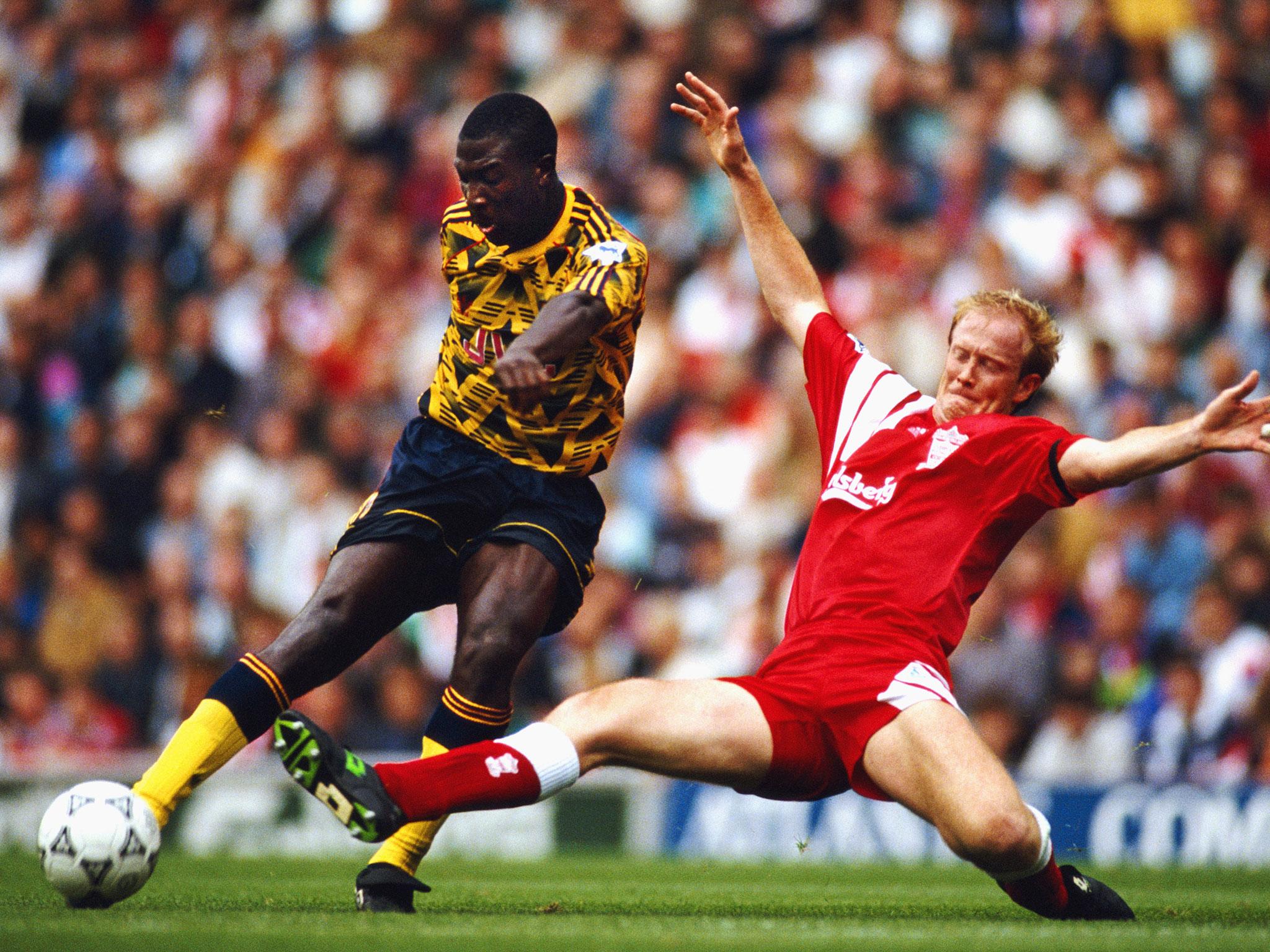
“Throughout July, there were massive rows,” Parry says. “There was a constitutional crisis. In the final Premier League meeting prior to the start of the season, 14 of the clubs had walked out over sponsorship. In a sense, we did not have a constitution and it involved a massive amount of shuttled diplomacy, backwards and forwards; arranging meetings between groupings of clubs.
“The last thing we were actually focusing on was the prospect of football starting. I graphically remember thinking, ‘Who really cares about the perimeter boards – why is it such an issue in the scheme of things?’ What you eventually realise is, it’s the game that’s the healer. The game takes control and overrides all of the pettiness. Suddenly you’ve got the atmosphere and people become concerned about results – the things that are important. Clubs ultimately have got to be civilised. You’ve got to be able to say, ‘Yes, we might have a few differences; but…’”
Criticism came at the start. The only apparent difference on match-days was the sight of referees wearing turquoise shirts rather than black. “We didn’t propose there would be a revolution from day one, though,” Parry says. “We didn’t know whether it would take five or ten years to force a shift in the right direction but we were confident it eventually would. Did we think the Premier League was ever going to be as big in terms of the money generated and the international interest? No.”
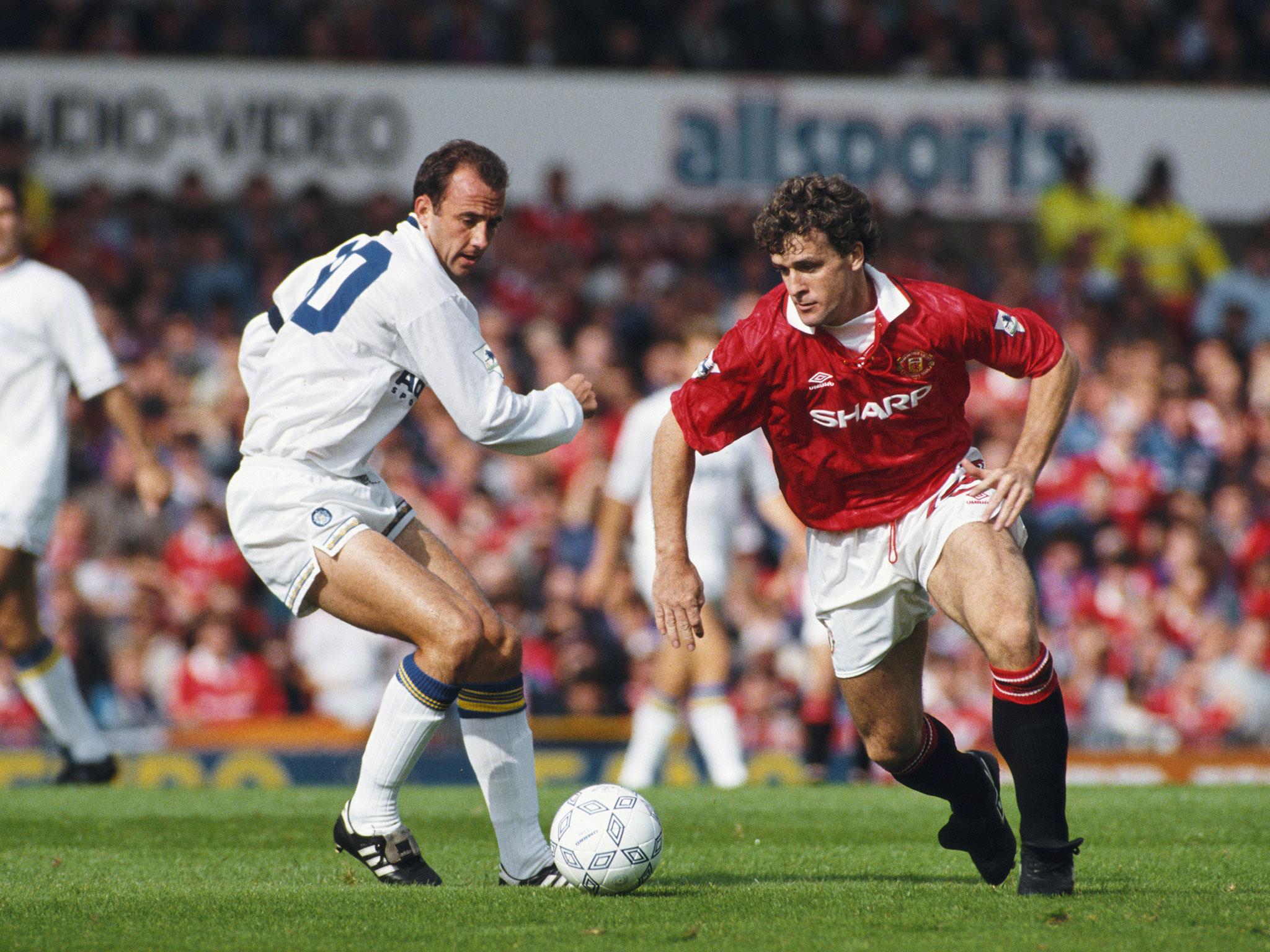
Parry believes the financial success of the Premier League has been built from the simplicity of its constitution. “Transparency is key, with each club having a single vote and no sub-committees or independent directors. This means there is proper accountability.”
Though he concedes there is too much football on television now, he thinks this is an issue for the competition law authorities rather than necessarily the Premier League or Sky.
“Competition law stipulated that you are restricting consumer choice by not having every game on TV, but who are the consumers?” Parry asks. “Is it the TV viewer or the supporters who attend?
“I get asked a lot, is football’s bubble going to burst? It won’t be a bubble that bursts. It might be a balloon that deflates a bit. But then it will find a new level. It won’t be catastrophic.”
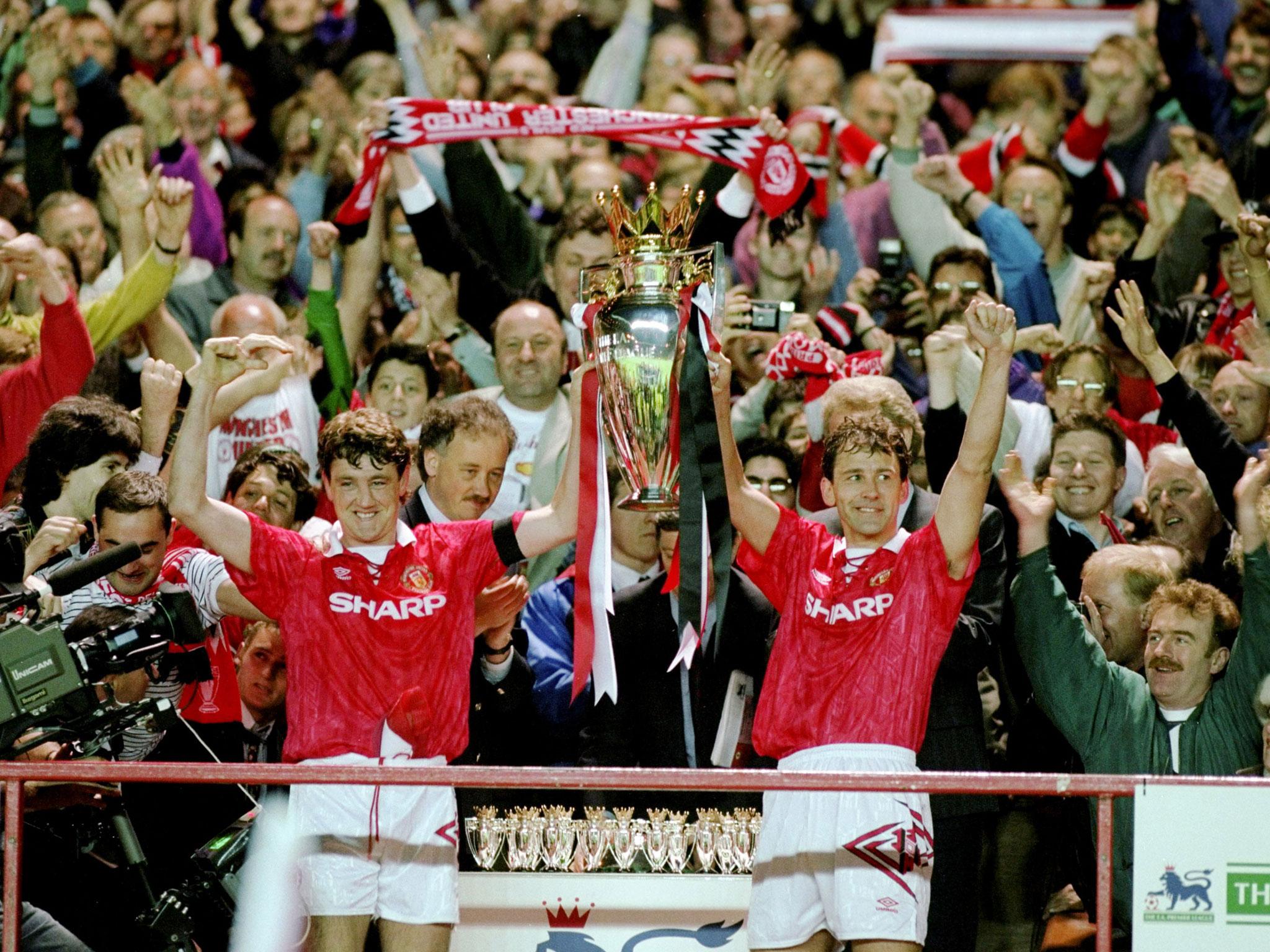
He wonders about the major issues currently facing English football, whether enough has been done to help the fortunes of the national team – as Premier League and the Football Association promised in 1992. It also concerns him that only one English club has won the Champions League since 2008, despite the Premier League accelerating away as the richest league in the world.
“We now have six teams competing for four Champions League slots and this means none of them can afford to take it easy in domestic fixtures,” Parry says. “The paradox is, that while the Premier League is so attractive to so many because of its competitiveness, perhaps it’s that competitiveness which makes it harder for our teams to compete in Europe. There are no easy games.”
Join our commenting forum
Join thought-provoking conversations, follow other Independent readers and see their replies
Comments
Bookmark popover
Removed from bookmarks